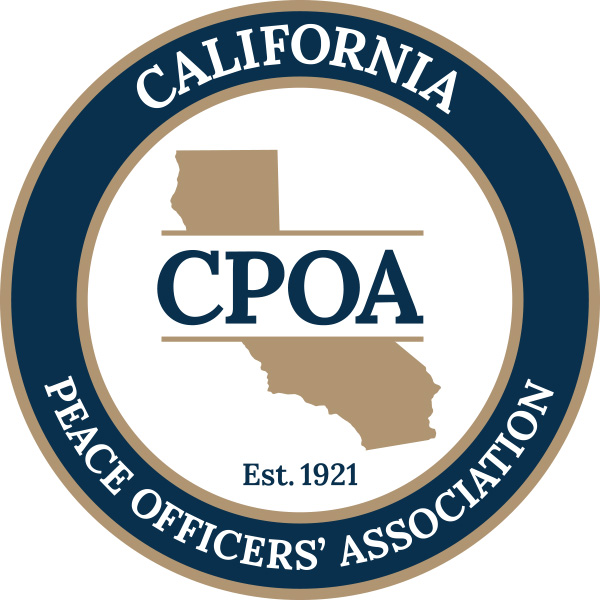Provided by James R. Touchstone Esq
On September 30, 2021, Senate Bill 16 (“SB 16”) was signed and chaptered into law and will take effect on January 1, 2022. This bill modifies the requirements of disclosing certain information related to peace officer misconduct. The bill modifies Evidence Code Section 1045 and Penal Code Sections 832.5, 832.7, and 832.12. The bill also adds Penal Code Section 832.13.
The purpose of this Client Alert is to provide preliminary notification to law enforcement agencies about this legislation to guide agencies in analyzing and compiling the information, and to begin assessing any necessary changes to existing agency protocols. The full legislation is available at https://leginfo.legislature.ca.gov/faces/billTextClient.xhtml?bill_id=202120220SB16
Discussion
Evidence Code Section 1045
Evidence Code (“EC”) Section 1045 identifies what is disclosable following criminal and civil motions to discover peace officer or custodial officer personnel records, more commonly known as Pitchess[1] motions. Currently, EC §1045(b)(1) limits discoverable information to “[i]nformation consisting of complaints concerning conduct occurring more than five years before the event or transaction that is the subject of the litigation in aid of which discovery or disclosure is sought.” SB 16 modifies EC Section 1045 by removing subsection (b)(1) in its entirety. In other words, information in a peace officer’s personnel file related to conduct that is more than five years old will potentially be subject to discovery.
Penal Code Section 832.5
Penal Code (“PC”) Section 832.5 provides the parameters that departments or agencies that employ peace officers must follow to establish a procedure to investigate complaints by members of the public against the agency’s or department’s personnel, including what information is retained and for how long. Under PC 832.5(b), agencies or departments must retain complaints and any reports or findings relating to these complaints for a period of at least five years. SB 16 modifies PC 832.5(b) as follows:
Complaints and any reports or findings relating to these complaints, including all complaints and any reports currently in the possession of the department or agency, shall be retained for a period of no less than 5 years for records where there was not a sustained finding of misconduct and for not less than 15 years where there was a sustained finding of misconduct. A record shall not be destroyed while a request related to that record is being processed or any process or litigation to determine whether the record is subject to release is ongoing. (Emphasis added.)
Penal Code Section 832.7
Penal Code Section 832.7 identifies which records in a peace officer’s personnel file are considered confidential and which must be made available for public inspection pursuant to the California Public Records Act (Chapter 3.5 (commencing with Section 6250) of Division 7 of Title 1 of the Government Code). SB 16 expands the types of records that are not considered confidential and must be made available for public inspection. SB 16 modifies PC 832.7 in several ways.
First, SB 16 modifies subsection (b)(1)(A) by adding two categories of records related to use of force that are disclosable public records. These categories of records are: (1) a sustained finding involving a complaint that alleges unreasonable or excessive force; and (2) a sustained finding that an officer failed to intervene against another officer using force that is clearly unreasonable or excessive.
SB 16 further adds other categories of records that are disclosable relating to racial bias and unlawful arrests and unlawful searches. PC 832.7 will specify that records related to the following are disclosable public records:
(D) Any record relating to an incident in which a sustained finding was made by any law enforcement agency or oversight agency that a peace officer or custodial officer engaged in conduct including, but not limited to, verbal statements, writings, online posts, recordings, and gestures, involving prejudice or discrimination against a person on the basis of race, religious creed, color, national origin, ancestry, physical disability, mental disability, medical condition, genetic information, marital status, sex, gender, gender identity, gender expression, age, sexual orientation, or military and veteran status.
(E) Any record relating to an incident in which a sustained finding was made by any law enforcement agency or oversight agency that the peace officer made an unlawful arrest or conducted an unlawful search.
Importantly, the new categories of disclosable public record described above will not be subject to disclosure until January 1, 2023, if those records relate to incidents occurring before January 1, 2022. However, note that records in your department’s possession on January 1, 2022, must be retained pursuant to the new retention requirements set forth in 832.5, subsection (b).
SB 16 then broadens PC 832.7(b)(2) (or PC 832.7(b)(3) after January 1, 2022) to include records resulting from an agency’s investigation relating to an incident specified in paragraph (1) in which the peace officer or custodial officer resigned before the law enforcement agency or oversight agency concluded its investigation into the alleged incident.
Agency record redaction requirements are also modified. Agencies are now required to redact information related to whistleblowers and victims in the same manner as complainants and witnesses. (See Penal Code section 832.7(b)(6)(B)). Confidential information shall be redacted where it clearly outweighs the strong public interest in records about possible misconduct and any use of force by officers.
Authorized disclosure delays are then modified to include incidences of misconduct that are newly the subject of disclosure. Also, agencies are no longer authorized to delay the release of records to 30 days after the close of any criminal investigation related to peace officer or custodial officer use of force.
SB 16 limits the agency’s recoverable costs resulting from these disclosures to just direct costs of duplication. Specifically, “[t]he cost of copies of records subject to disclosure pursuant to this subdivision that are made available upon the payment of fees covering direct costs of duplication pursuant to subdivision (b) of Section 6253 of the Government Code shall not include the costs of searching for, editing, or redacting the records.”
Except where agencies are authorized to withhold these records for longer periods, disclosable records must be provided at the earliest possible time and no later than 45 days from the request.
Finally, SB 16 adds to PC 832.7 by limiting the agency’s or its attorneys’ ability to assert attorney-client privilege when it comes to disclosing records. Specifically, SB 16 adds subsection 12(A):
(i) Factual information provided by the public entity to its attorney or factual information discovered in any investigation conducted by, or on behalf of, the public entity’s attorney.
(ii) Billing records related to the work done by the attorney so long as the records do not relate to active and ongoing litigation and do not disclose information for the purpose of legal consultation between the public entity and its attorney.
Penal Code Section 832.12
SB 16 adds subsection (b) to PC 832.12, requiring an agency to obtain and review any documents related to a peace officer’s prior employment. This subsection states, “(b) Prior to employing any peace officer, each department or agency in this state that employs peace officers shall request, and the hiring department or agency shall review, any records made available pursuant to subdivision (a)”.
Penal Code Section 832.13
SB 16 adds PC 832.13, which reads, “Every person employed as a peace officer shall immediately report all uses of force by the officer to the officer’s department or agency.”
HOW THIS AFFECTS YOUR AGENCY
Changes to the Evidence Code likely will have minimal impacts on your agency. More information in a peace officer’s personnel file will be discoverable, so your custodian of records should be sure to bring the entire personnel file of any peace officer who is the subject of a Pitchess motion.
Changes to the Penal Code, however, are much more significant. Your agency will be required to maintain some records for a much longer period – specifically, records related to sustained findings of misconduct.
In addition, many more records will be disclosable public records on January 1, 2023 (so long as the misconduct occurred before January 1, 2022). Your agency should begin going through its records and determine which records are subject to disclosure. From a policy perspective, your department may also wish to determine which records may be subject to destruction under current retention guidelines and purge those records prior to January 1, 2022, in order to limit the universe of records that you will be required to review and redact for disclosure under the new guidelines.
Your agency will be required to, prior to employing any peace officer, obtain and review peace officer candidates’ personnel files from other agencies where they were previously employed.
As always, if you want to discuss any of this in greater detail, do not hesitate to contact Greg Palmer at gpp@jones-mayer.com, Veronica Donovan at vrd@jones-mayer.com or you can contact either of them by telephone at (714) 446-1400.
Information on www.jones-mayer.com is for general use and is not legal advice. The mailing of this Client Alert Memorandum is not intended to create, and receipt of it does not constitute, an attorney-client-relationship.
[1] Pitchess v. Superior Court (1974) 11 Cal.3d 531.


